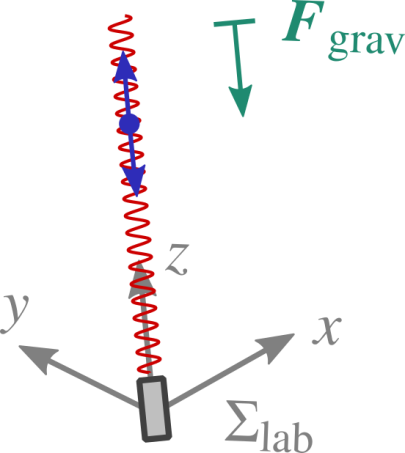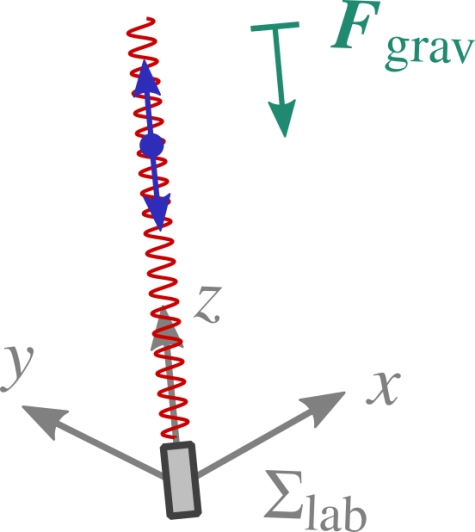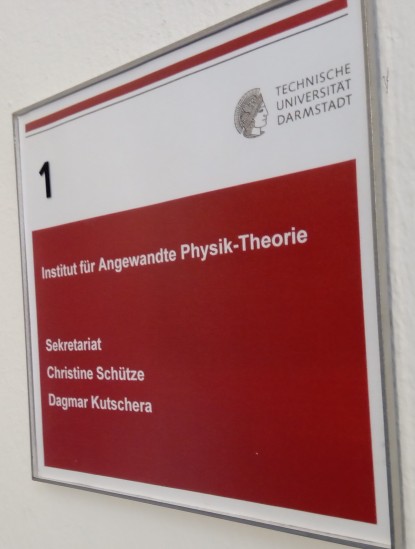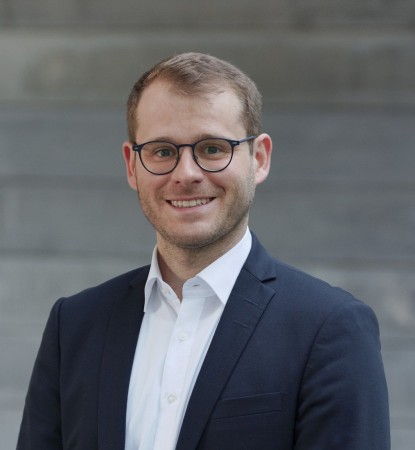Metrology with interfering Unruh-DeWitt detectors (MIUnD)


The MIUnD project is a collaboration within the Center for Integrated Quantum Science and Technology (IQST) between the groups of W. P. Schleich from Ulm University and W. G. Unruh at the University of British Columbia, Canada. As the initiating PI, E. Giese and his team at TU Darmstadt continue to support the project.
Matter-wave interferometers constitute a prime example of quantum sensing devices employed in metrology, and are on the verge of becoming a competitive alternative for commercial applications in navigation and inertial sensing. Already today, their supreme precision has led to the exploration of such quantum sensors in basic research such as testing the equivalence principle or to matter-wave based gravitational antennas, which will complement their classical counterparts in the future. Even for classical navigation devices like GPS, relativistic effects have to be considered. The goal of MIUnD is to develop a very general approach towards matter-wave interferometry based on Unruh-DeWitt detectors, particularly suited to incorporate effects of spacetime curvature and relativistic light-matter coupling. Although the commercial use of these interferometers will be most likely in the low-velocity and weak-field limit, relativistic effects eventually impact their sensitivity. The developed model will therefore be of interest not only to fundamental research, but also to potential applications.
Funding
The project Metrology with interfering Unruh-DeWitt detectors (MIUnD) was supported by the Center for Integrated Quantum Science and Technology (IQST) with funds provided by the Carl Zeiss Foundation (Carl-Zeiss-Stiftung).




